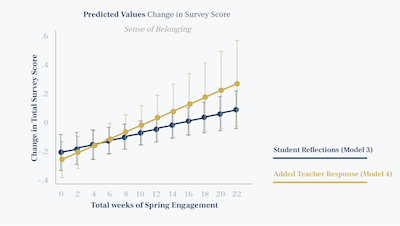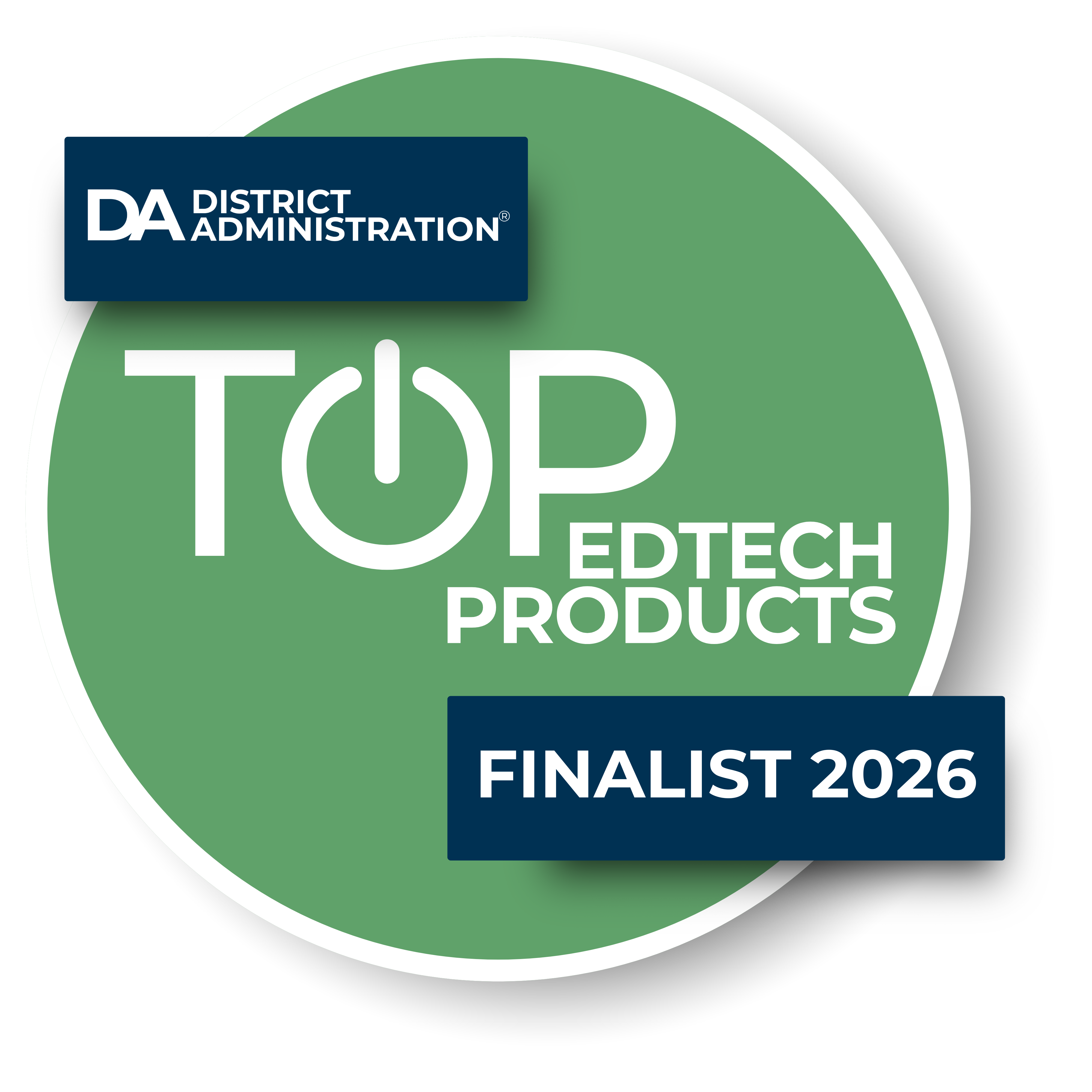Learning from the Field: Actionable MTSS Strategies from CA MTSS PLI 2025

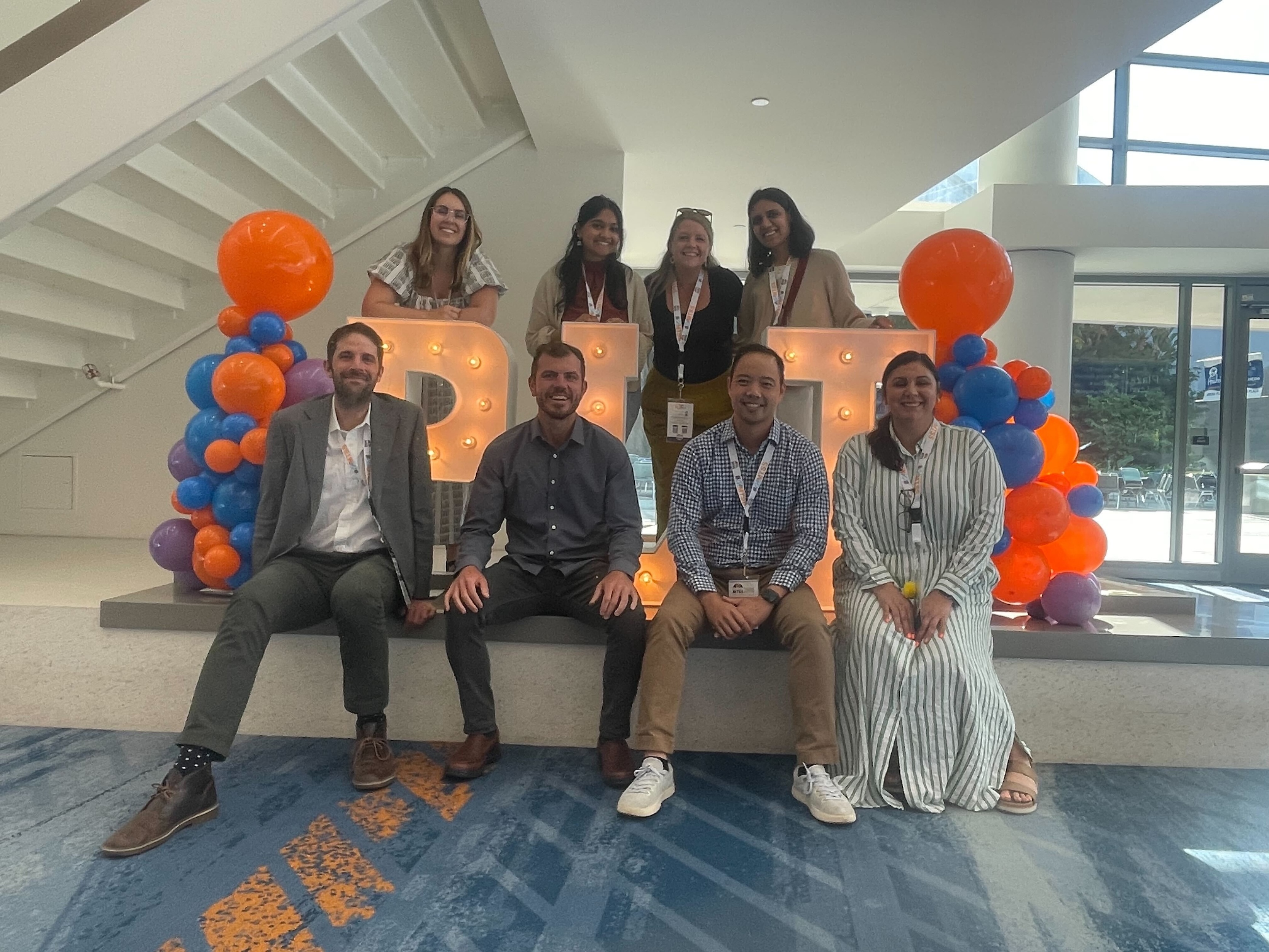
As a product manager working to strengthen Sown To Grow’s solutions for Multi-Tiered Systems of Support, I was excited to have the opportunity to attend the 2025 California MTSS Professional Learning Institute (PLI), held in Anaheim from July 22–24. I’ve spent time doing dozens of school visits and user interviews to understand different MTSS implementations, but this conference brought together educators, administrators, district leaders, and community partners to share real-world strategies for implementing MTSS systems that are intentional, equitable, and impactful for students.
Throughout the three days of sessions & connection opportunities, I was struck by the focus on deep learning and collaboration across diverse school contexts. Over one hundred sessions spotlighted practical, on-the-ground MTSS approaches—from classroom routines to district-wide frameworks—highlighting how schools are designing systems that center student well-being, academic growth, and future readiness.
As Sown To Grow continues to develop tools to support effective MTSS implementation, the insights shared at PLI reinforced the importance of grounding technology in the lived experiences of educators and students. The conference’s theme—Unite, Empower, Impact—served as a powerful reminder that effective MTSS is more than just a framework; it’s a way of supporting students that involves community, clarity, and commitment to continuous growth.
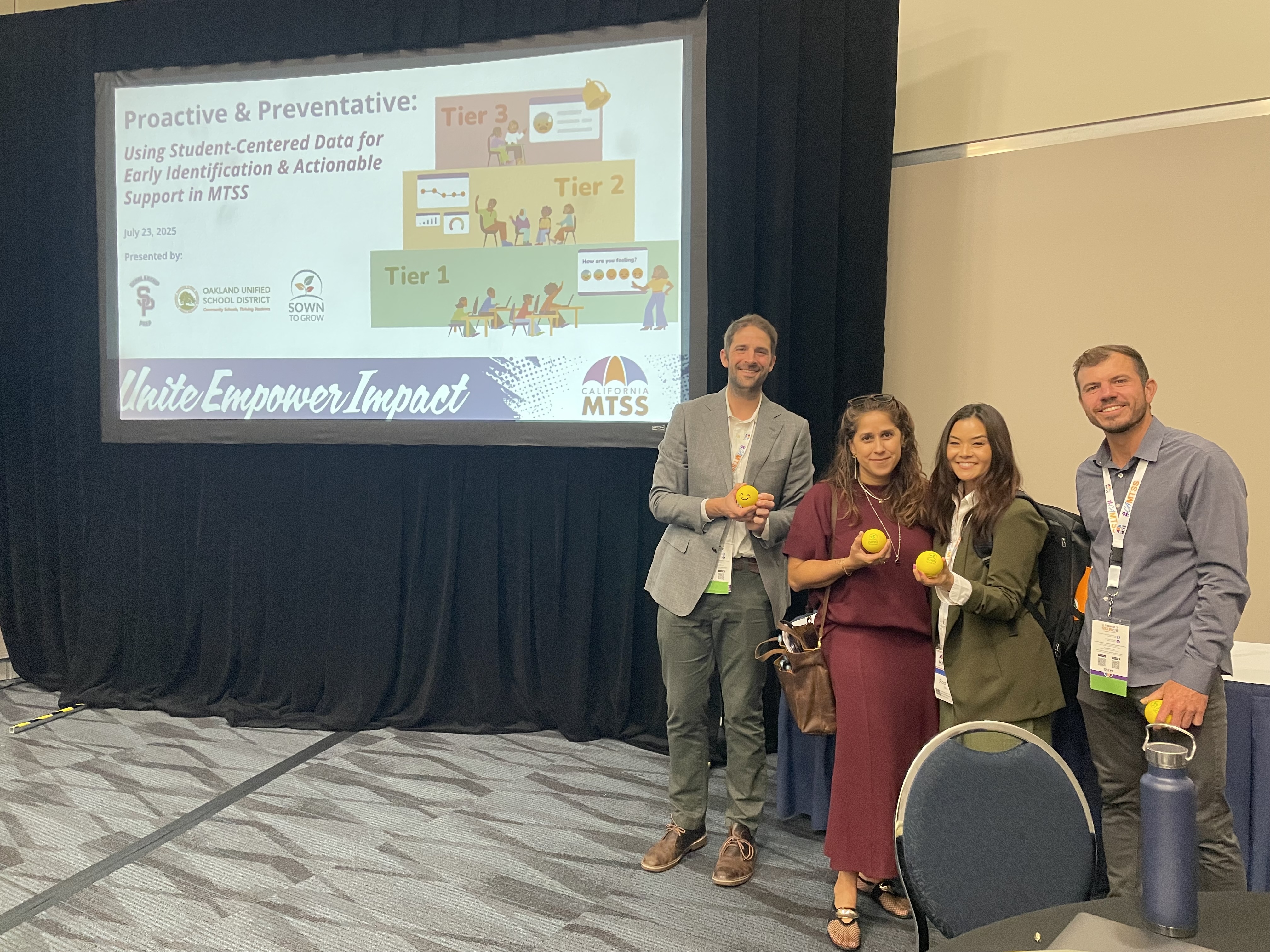
UNITE: Anchoring Our Tiered Support in Understanding Root Causes
Numerous sessions throughout the conference reinforced the “why” behind MTSS and spotlighted the need for collective alignment in designing strong support systems. My colleagues Colin Gilbert and Will Bielinski had the honor of presenting alongside three of our district partners—Oakland Unified School District, Lancaster School District, & Scholarship Prep Public Schools—on the work these districts are leading to build proactive MTSS that aligns with the community schools model (session slide links below).
- Proactive & Preventative: Using Student-Centered Data for Early Identification & Actionable Support in MTSS
- Kristen Crowe, Chief Community Officer, Scholarship Prep Public Schools
- Soo Jin Kim, Middle School Network MTSS Partner, Oakland USD
- Rooted In Community, Growing Impact: Aligning Community Schools & MTSS Frameworks for Whole Child Support
- Sam Yuom, Executive Director of Student and Family Services, Lancaster SD
- Salomeh Ghorban, Community Schools Leadership Program Manager, Oakland USD
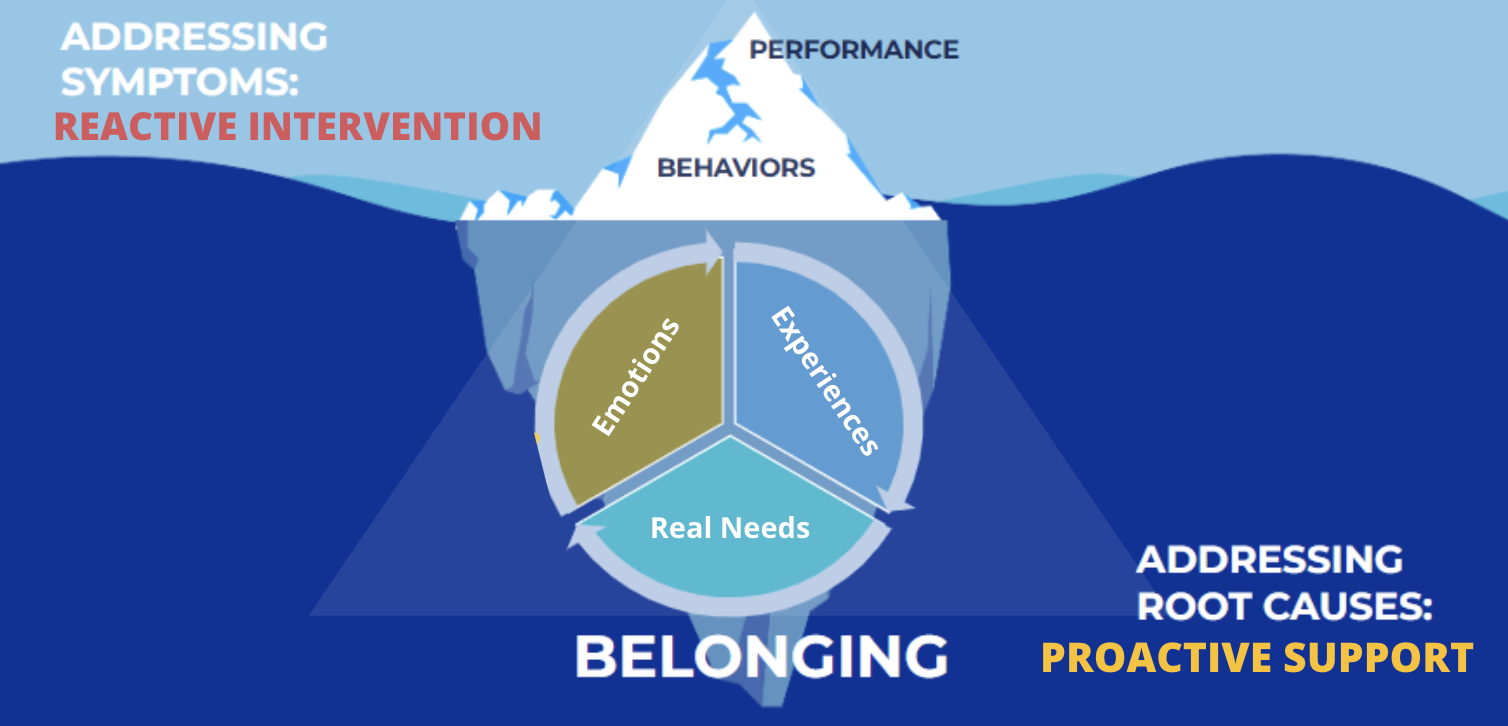
In these sessions, as well as those our team attended like Response to Intervention & Wellness (presented by Pasadena USD) and Bringing Data to Life: Building a COST Process (presented by Saratoga Union School District), I learned about the importance of strong Tier 1 and responsive care processes in ensuring our support systems don’t get overloaded with Tier 2 and 3 needs. Anchoring on a whole school, whole community commitment to preventative skill building and resource access can mitigate the number of student cases that require Tier 2 and 3 support. Likewise, strong data structures that provide early warnings to identify student needs, and focus on root causes rather than symptoms, enable educators to proactively address Tier 2 and 3 needs. Restorative, responsive care in MTSS can ensure that our systems are helping keep students in school, engaged, and able to learn at their best.
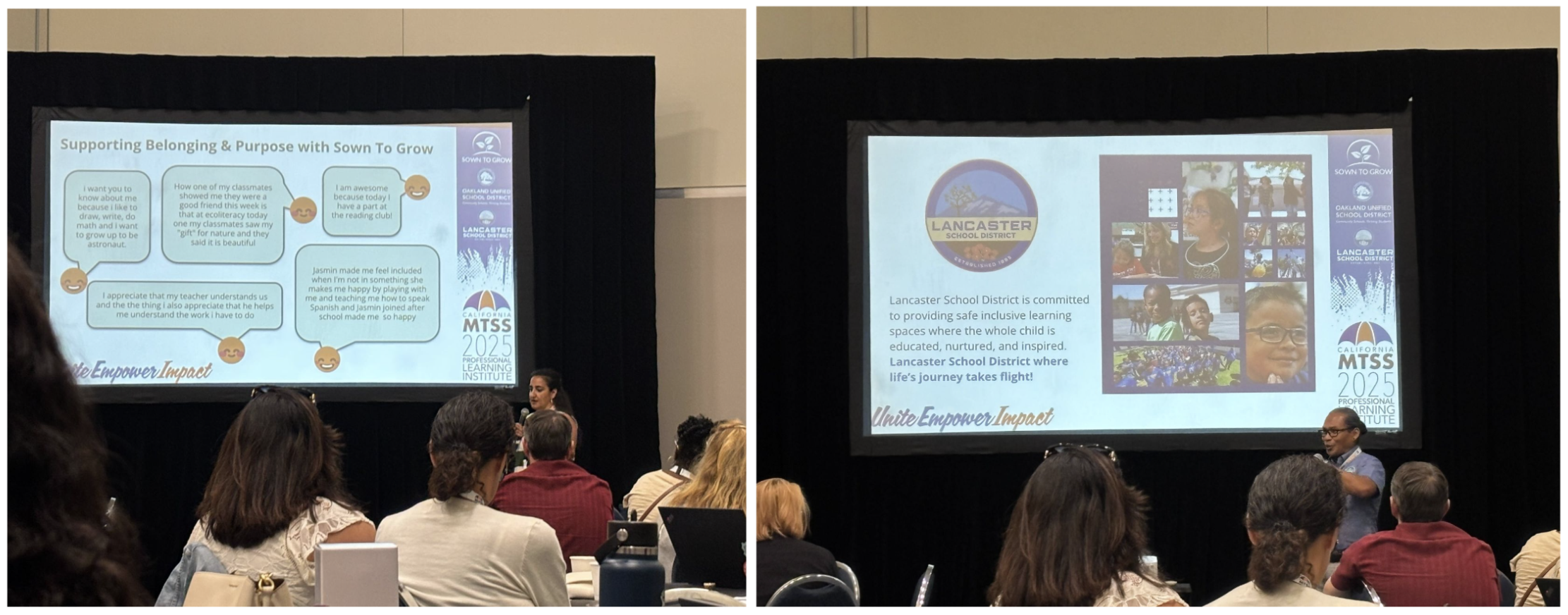
EMPOWER: Using Data and Stories to Build Systems & Buy-in
In talking to educators throughout the conference, it was clear that frameworks are useful, but real work requires buy-in, and much of the battle with MTSS is empowering the people who make tiered support possible. The day one and day two keynotes, by Tal Ben-Shahar and Anthony Trucks respectively, shared the psychology of happiness and personal stories of resilience. These inspiring talks underscored the importance of educator well-being in sustainable MTSS and that the goal of MTSS is not to eliminate the challenges and needs our students face, but to give them the access to resources, self-regulation toolkit, and grit to navigate the ups and downs of life. We’re building bridges, not moving mountains.
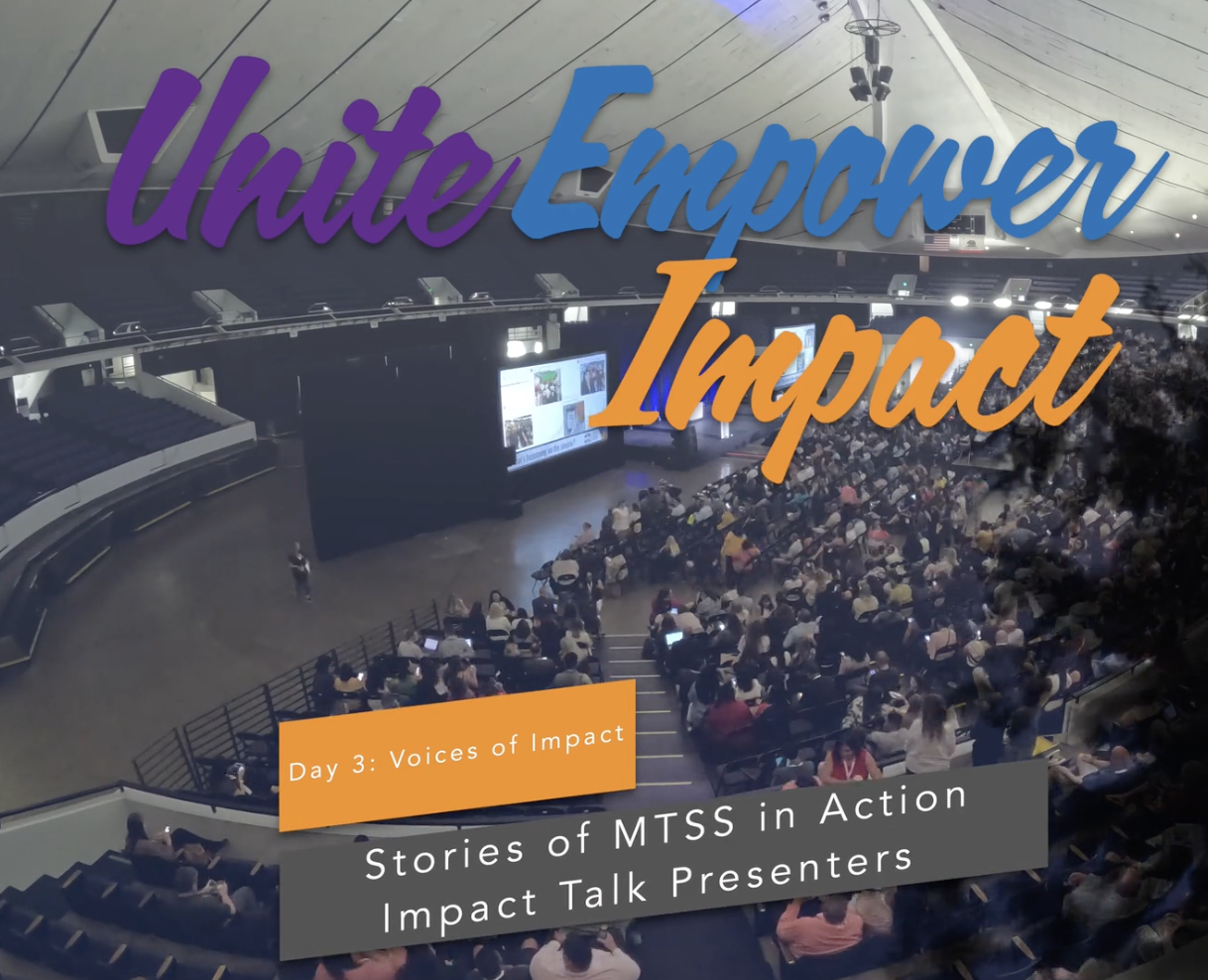
Building bridges in MTSS is still a whole community approach though, and to empower educators to play their important role in it, stories of support and evidence of impact are huge motivators for buy-in. While it’s challenging to convince a high school math teacher that social-emotional support is a part of their role by telling them about the importance of Tier 1 in MTSS, it becomes a lot easier when that teacher sees how the relationship they’ve built with a student helped that student feel comfortable sharing about food insecurity making it hard for them to concentrate in class, initiating a sequence of support that gets that student re-engaged in class.
At Sown To Grow, we facilitate this relationship building by lifting up emotional, physical, and academic challenges directly from students. When students share authentic experiences that lead to earlier identification of support needs, it facilitates an aha moment that builds buy-in for Tier 1 supports, but more importantly creates the safe, trusting conditions in which students can get what they need to be successful in school.
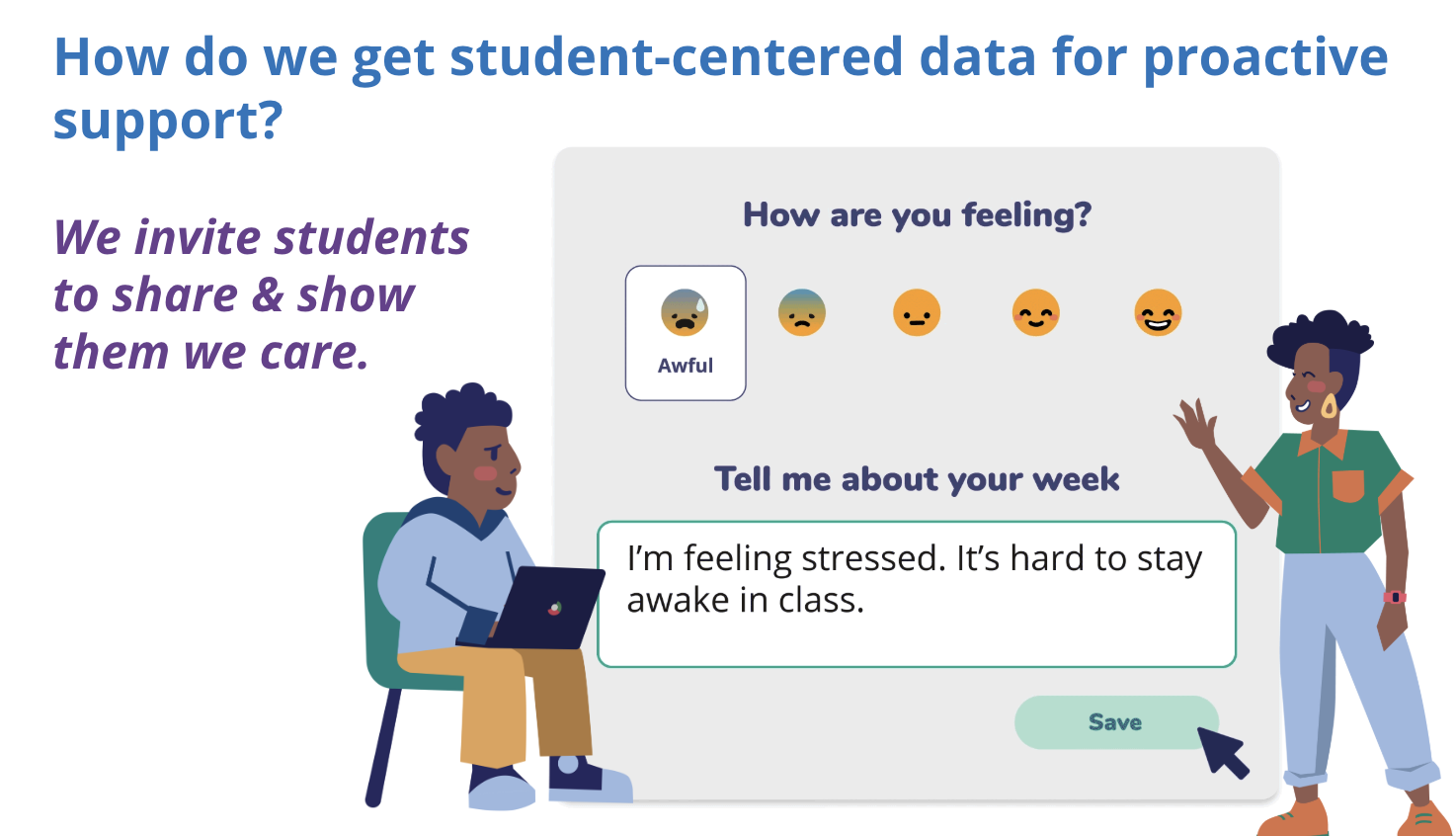
IMPACT: Going from Theory to Actionable Learning & Real-Time Planning
Where I personally felt the impact most was in sessions I sat in where I heard from teachers and leaders across diverse school districts, sharing resources and tips to actually do the work of MTSS. In How Districts Use School Climate Survey Data to Empower Student Voice and Advance Equity, I learned how Corona Norco Unified School District was able to analyze Climate Survey data to understand that their LGBTQIA+ students felt misrepresented and unheard. In response, the district created a system for students to share out on a monthly cadence, and not only did student satisfaction increase, but participation in future surveys as well.
I most appreciated opportunities where participants took an active role in resource sharing. During Bullying Prevention within MTSS, the session turned into real-time triage - where teachers shared their experiences with student bullying incidents, and the group worked together to identify the trigger and potential interventions, crowdsourced from what had worked in classrooms across California.
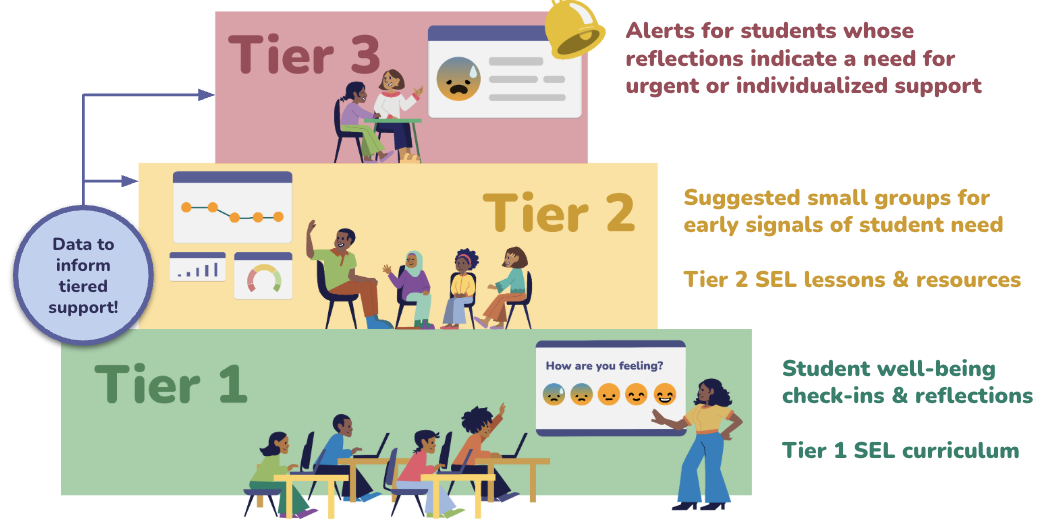
At its core, MTSS is only as effective as it is actionable—and that means making it real in the day-to-day experiences of students, educators, and leaders. At Sown To Grow, we’re committed to helping districts build MTSS systems that don’t just exist in theory, but are actively used at every level—from student reflection in the classroom to data-informed decision-making in the district office. By connecting insight to action, and centering student voice along the way, we aim to support schools in creating learning environments where every student feels seen, supported, and set up to thrive. The opportunity to learn from and design with leaders in districts is essential and pushes our program—and our impact on students–forward.



.png)
.png)
.png)
